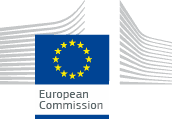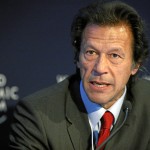The EU Anti-Corruption Report surveyed all 28 EU member states, using the Eurobarometer public opinion polls to gauge citizens’ perceptions of corruption.

The report found that three-quarters of European respondents think corruption is widespread in their own country.
The countries where most respondents think that corruption is widespread are Greece (99 percent), Italy (97 percent), and Lithuania, Spain, and the Czech Republic (95 percent each).
In the Nordic countries, however, the majority of respondents think corruption is rare, with Denmark (75 percent), Finland (64 percent) and Sweden (54 percent) rounding out the top three.
According to the press release, most Europeans think that the key reason for corruption is the link between business and politics.
Responders also said favoritism in business is to blame, and more than half said that corruption is the only way to succeed in business in their own country.
The use of bribery and personal connections was cited as the easiest way to obtain public services by three-quarters of Europeans.
The report says that the “total economic costs of corruption cannot easily be calculated,” and used estimates by agencies such as the International Chamber of Commerce and Transparency International to determine the amount of money lost to corruption, which they say is 5 percent of global GDP.
According to the BBC, EU Home Affairs Commissioner Cecilia Malmstroem said in an interview with a Swedish daily newspaper, "The extent of the problem in Europe is breathtaking.”
However, the report offered some solutions for combating corruption, including having countries strengthen their asset disclosure processes, closer monitoring of local and regional corruption, and improving law enforcement agencies and personnel.
The report also called for tougher codes related to financing political parties and monitoring conflicts of interest.



